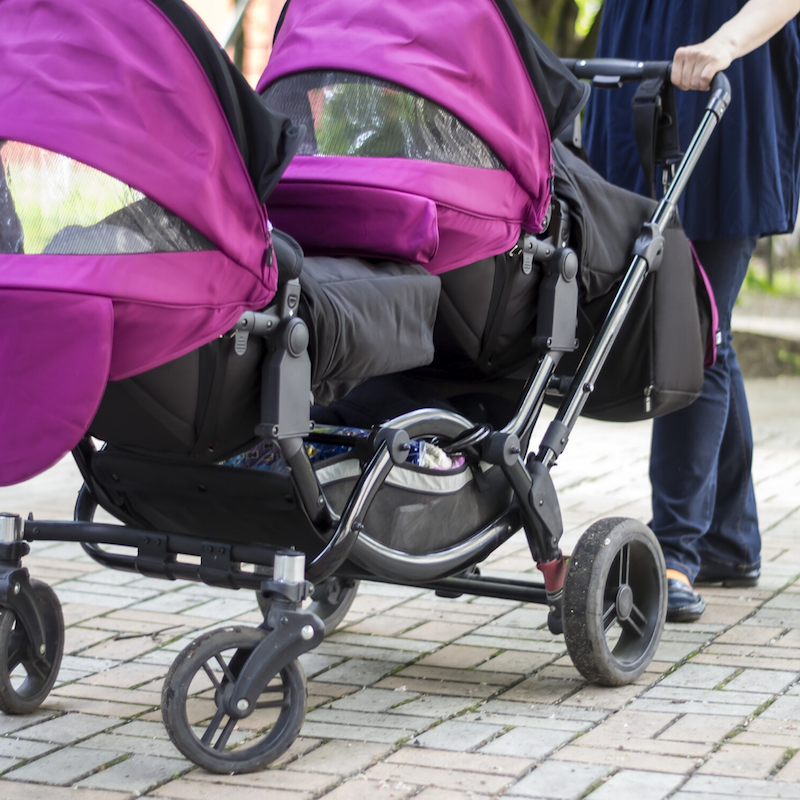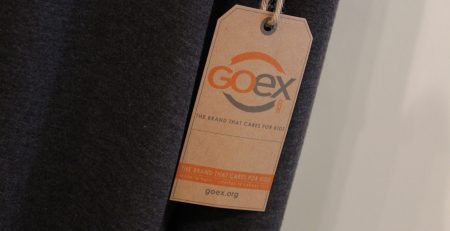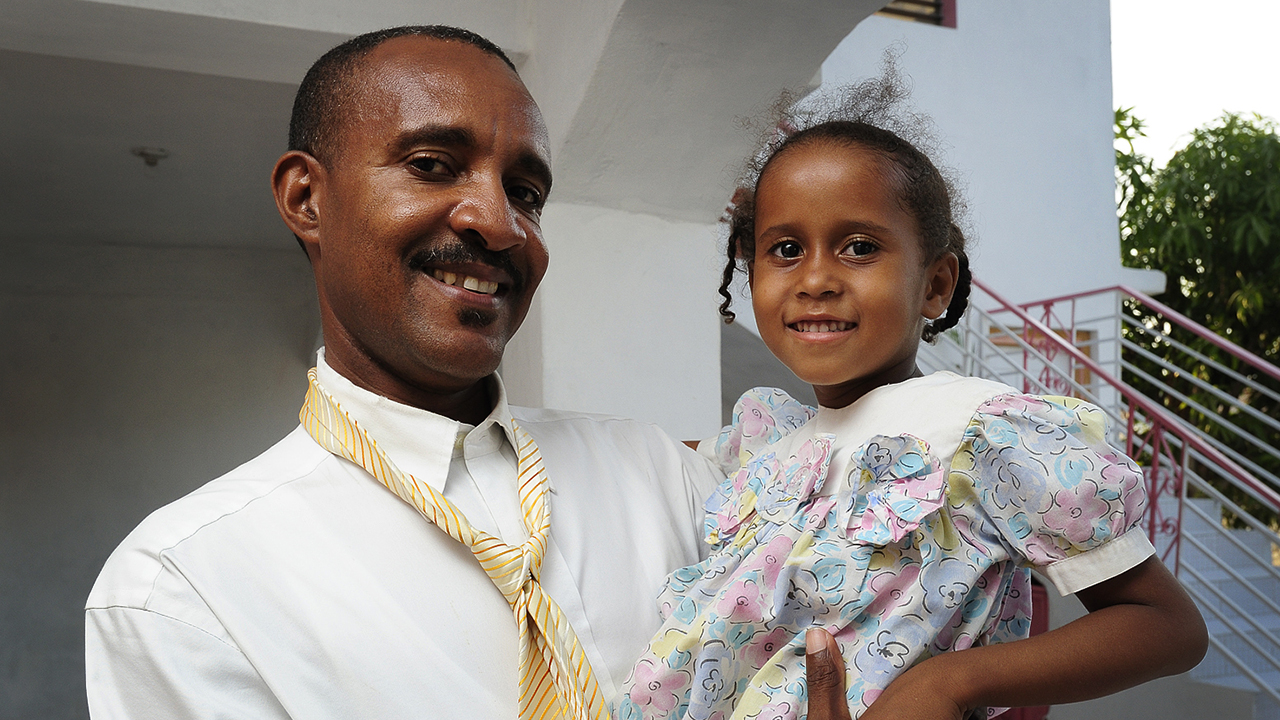De-worming Medication Aids more than 3,000 Children
It was the middle of another scorching summer’s day in Haiti. I had hitched a ride to Gonaives with one of our Vision Trips so that I could attend a meeting with our pastor partners. The excited chatter and occasional singalong provided by the team made for a pleasant ambient noise that quickly lulled me to sleep. These days, it seemed that I was finding it harder and harder to stay awake during car rides. Two days earlier I had described my symptoms to an ex-pat friend: cramping, bloating, headaches, trembling hands, constant hunger pangs and exhaustion – so so tired, all the time. None of the medications I had been prescribed seemed to help. My friend gave me a handful of de-worming meds and told me to try those and see how I felt after a few weeks. That was two days ago, and, so far, not much had changed.
A few hours later we arrived at our church partner in the village of Desire. Surrounded by dusty hilltops, Desire is a desert-like landscape, halfway up the side of a mountain, situated right where the road ends and the donkey tracks begin. The bus, brimming with excitement, couldn’t contain its contents any longer, and a dozen pale-skinned travelers spewed out of the sliding door into the arms of 60 smiling children. I felt my head swim and my bones creak as I stood up. The team quickly found themselves at home, playing jump rope and kicking soccer balls. I found a nice, knee-high boulder, folded myself in half, and slumped atop it. A few moments later I found myself holding a small child. He must have been around 5 or 6 years old. He slouched silently against my chest, limp arms hanging by his side, eyes half open. At first I thought he was just tired, and I enjoyed holding the non-fidgety little guy. After a few minutes I felt a violent rumble in his stomach. A few moments later it happened again. I placed both of my hand on his back and could feel the gas turning over in his stomach. Almost providentially, the church nurse came over to take a look at him.
“What’s wrong with him?” I asked.
“Worms.” She responded. “See how far his belly is sticking out? And he’s always very tired.” What were the odds that I would share a common, parasitic bond, with the little guy sitting on my lap? I almost laughed.
“I have some worm medication, do you want it?”
“No, we took him to the hospital, they gave him some medications. He should be feeling good enough to go back to school soon.”
My little friend nodded in understanding as the nurse muttered a few words in creole before scuttling off. How difficult must it have been to try to pay attention during school with symptoms like these? As we sat on our rock, I couldn’t help but think about how grateful I was for the local church opening its doors to care for this little guy. He had a nurse that checked in on him every day, a pastor with reliable transportation to get him to the hospital, and a partner ministry in GO Project that could cover the cost of his medications. Even with all of this help, he still missed quite a bit of school. I wondered how many children living in the surrounding community were not so lucky.
Regionally, the percentage of people infected with intestinal worms in Haiti can reach as high as 70%. In the area surrounding Desire, it is estimated that one-third of the population is infected. In a 2010 Ted Talk, Esther Duflo cites that, in developing nations, one of the most cost effective ways to extend the number of years that children attend school is to pay for de-worming medications. According to Ms. Duflo, a $100 investment in de-worming medications buys a combined total of almost 30 years of additional education. You can hear Ms. Duflo’s TED Talk here.
 In the fall of 2015, GO Haiti Director of Orphan Care Lucson Dervilus forged a relationship with an organization called Haiti Water. Haiti Water was in the midst of a massive de-worming initiative and were looking for implementing partners in Haiti. Lucson responded, and, within a few months, GO Haiti was equipped to supply eleven local church partners with medication. Understanding the tie between school attendance and intestinal parasites, GO Project’s church partners decided to implement their de-worming ministry through the community schools so that all children in the community would be treated. As a result, over 900 children living in church-led orphan ministry as well as an additional 2,440 children from the surrounding community received medication. In total, 3,344 children were either cured of intestinal parasites or prevented from contracting them.
In the fall of 2015, GO Haiti Director of Orphan Care Lucson Dervilus forged a relationship with an organization called Haiti Water. Haiti Water was in the midst of a massive de-worming initiative and were looking for implementing partners in Haiti. Lucson responded, and, within a few months, GO Haiti was equipped to supply eleven local church partners with medication. Understanding the tie between school attendance and intestinal parasites, GO Project’s church partners decided to implement their de-worming ministry through the community schools so that all children in the community would be treated. As a result, over 900 children living in church-led orphan ministry as well as an additional 2,440 children from the surrounding community received medication. In total, 3,344 children were either cured of intestinal parasites or prevented from contracting them.
We praise the Lord for organizations like Haiti Water, who are leading the way in their respective fields; we thank the Lord for the blessing of being able to participate in the care of children. But, most of all, we give praise and thanks to the Lord for His church and their faithfulness to respond to the needs of their community. In Haiti, eleven churches said, “Yes,” which resulted in over 3,300 children being helped. God’s church, on the move!
Are you interested in helping to meet the daily medical needs of orphaned and abandoned children in church care? Please learn more about our Health & Safety Fund here. Care to go even deeper? Please contact Trace Thurlby at [email protected] for more information.


